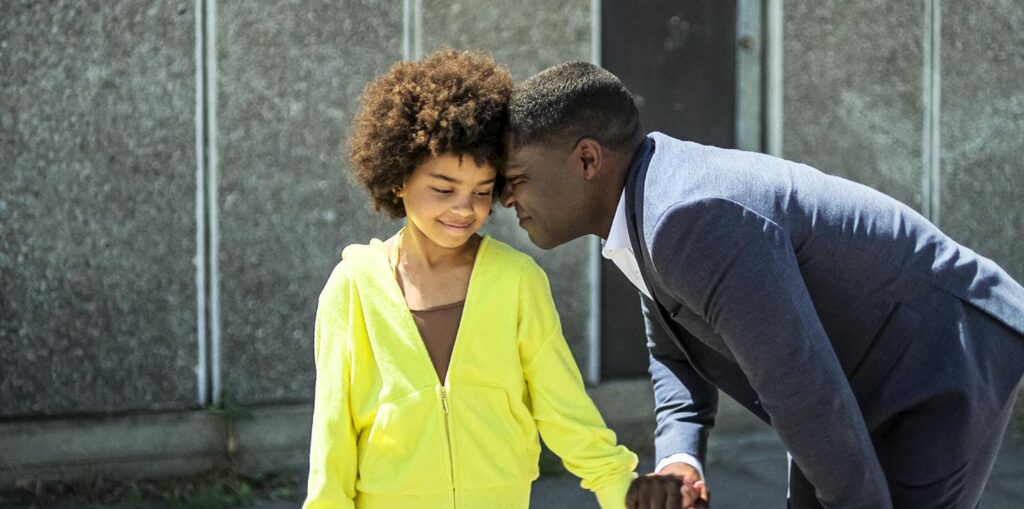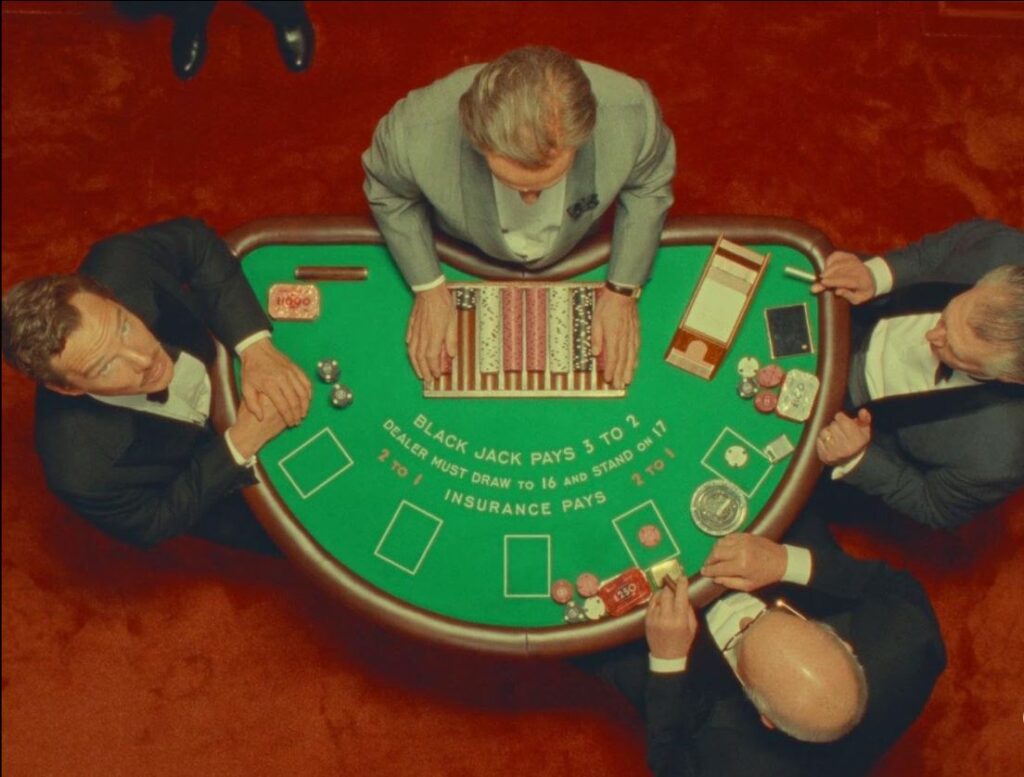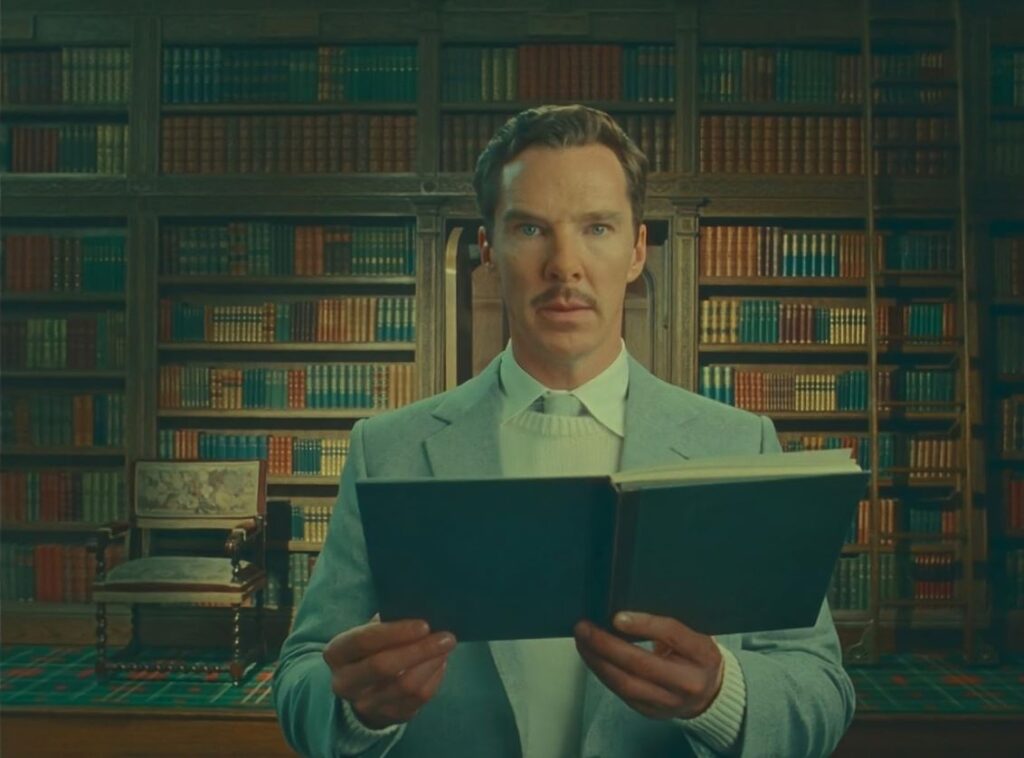The Oscars are upon us! Two short films on Netflix will compete in this year’s Academy Awards for Best Live Action Short: the heavy drama After Life and the whimsical fantasy-comedy The Wonderful Story of Henry Sugar.
The After’ (2023)
Clocking in at only 18 minutes, the directorial debut short film of acclaimed photographer Misan Harriman effectively summarizes life: it will always be attached to grief.

Set in London, the drama follows Dayo (David Oyelowo), who works as a ride-hailing driver. His work, ferrying strangers to their destinations, is “the after” of a horrific tragedy.
The said horrific tragedy is briefly told in a heart-stopping prologue. In the film’s harrowing introduction, which captures the terrifying reality of senseless crime and violence, Harriman and co-writer John Julius Schwaback show us who Dayo is. He is a corporate slave, but who still manages to squeeze in time for his small family — a wife and a young daughter.
In the prologue alone, the film powerfully reminds us that life can dramatically change in mere seconds, and Harriman executes it in the most shocking way. How, in a blink of an eye, with no preparation whatsoever, you are hurled into shock and despair — the kind that has no permanent cure.
Oyelowo, whose performance relies on his eyes and his micro expression, quickly earns the viewer’s sympathy. Harriman frames his face, his eyes, in a way that we experience his crushing sense of despair. And we wonder, how does he cope? When will he break? How does he manage the symptoms of a life-long illness of the soul?
As Dayo maneuvers his way through traffic — and through existence — we are also allowed access to his passengers’ stories. Conversations in the backseat that reveal clues about their lives. But it is Dayo’s pain that we carry all throughout.
Dayo’s last passenger (a family of three), that cathartic scene, inspires introspection. Do we waste our super short lives to senseless, child-harmful behavior?
The After is a quiet dissection of grief in its many forms — whether it’s from loss, tragedy or a sense of isolation. How grief can never leave us even if we go about our daily business.
The abrupt ending, however, feels anticlimactic and leaves you emotionally short-changed. But then again, you realize, that’s how life is. It doesn’t end as long as you are still breathing, and you never know what comes next.
(3.5 out of 5 stars)
‘The Wonderful Story of Henry Sugar’ (2023)

Wes Anderson’s 38-minute whimsical comedy from Roald Dahl’s story is a delightful treat. His first Netflix movie is driven by meta-narrators, who tell their stories as if reading from a book.
But what makes this short truly immersive is the combination of “breaking the fourth wall” technique and thrilling practical effects. Characters speak directly to the audience from an intimate, old-school theater-stage like setting, complete with backdrops that part or slide away, or sometimes revolve, with stagehands moving the props. At the same time, it feels like a live-action pop-up storybook.

It opens with Ralph Fiennes, a writer, and who possibly represents Dahl. He plunges the viewer into the amusing story of a mega-rich man named Henry Sugar (Benedict Cumberbatch), who, inspired by a documented case of a man with special abilities (Ben Kingsley), works to achieve the same skills: to see without his eyes.
Anderson passes the narration task to every character involved, and this method results in the involvement of the audience — almost an interaction experience. The characters, including Dev Patel as a physician, involve us in their passion, frustrations, fears, mundane experiences and secrets.
With snappy dialogue delivered rapidly by top-notch performers before a series of breathtaking, meticulously designed backgrounds — all framed in a 4:3 aspect ratio — everything feels wonderful from beginning to end.
(4.5 out of 5 stars)
